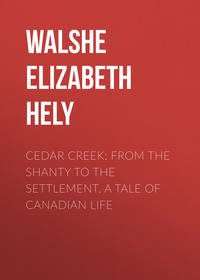Sadece Litres'te okuyun
Kitap dosya olarak indirilemez ancak uygulamamız üzerinden veya online olarak web sitemizden okunabilir.
Türler ve etiketler
Yaş sınırı:
12+Litres'teki yayın tarihi:
30 haziran 2018Hacim:
330 s. 1 illüstrasyonTelif hakkı:
Public Domain